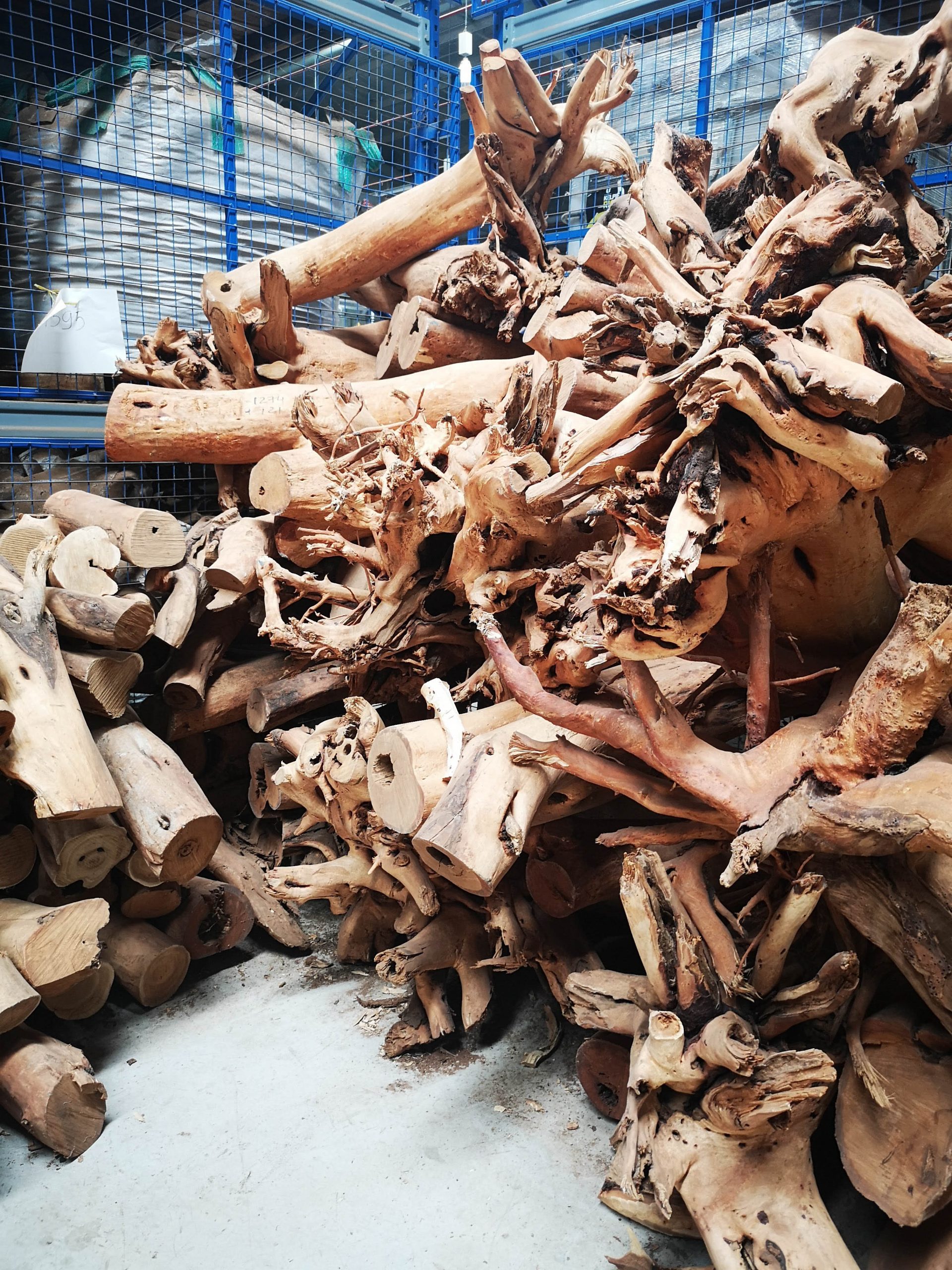SANDALWOOD ESSENTIAL OIL
Description
Sandalwood oil is used as a base note in fragrances and has fixative properties for other essential oils, prolonging the life of a perfume. It is also frequently used in cosmetics and skin care products due to its soothing and emollient properties that have been recognised for centuries.
All sandalwood trees come from the Santalum genus. Khush Ingredients supply three different species of Santalum oil, however there are more than 15 different species worldwide and oils vary slightly from species to species. The Santalum genus are an evergreen tree and must be at least 25-30 years old before they can be harvested for distillation.
Sandalwood oil has a long-standing history; it has high importance in many rites and folk medicine and continues to be popular for fragrances. This led to its overexploitation and today some species are categorised as vulnerable on the endangered species list. Governments globally have since responded and implemented regulations in order to preserve and maintain the sustainable regeneration of the tree. Sadly, consequently, the shadow economy is rife with smuggled and illegally produced sandalwood oil of questionable quality and provenance.
Santalum spicatum, Santalum album and Santalum austrocaledonicum are the three species supplied by Khush Ingredients. The main components of sandalwood oil are cis-α-santalol, cis-β-santalol and epi-β-santalol. These vary in levels in the different species but are the most prominent components. Two other key components are cis-nuciferol and cis-α-trans-bergamotol. Sandalwood oil has a bright fresh odour with woody base notes, and if stored correctly can last for many years.
The highest quality oils come from distillation of wood from the heart-wood of the tree. The ‘b’ grade oil comes from the rest of the wood and roots.
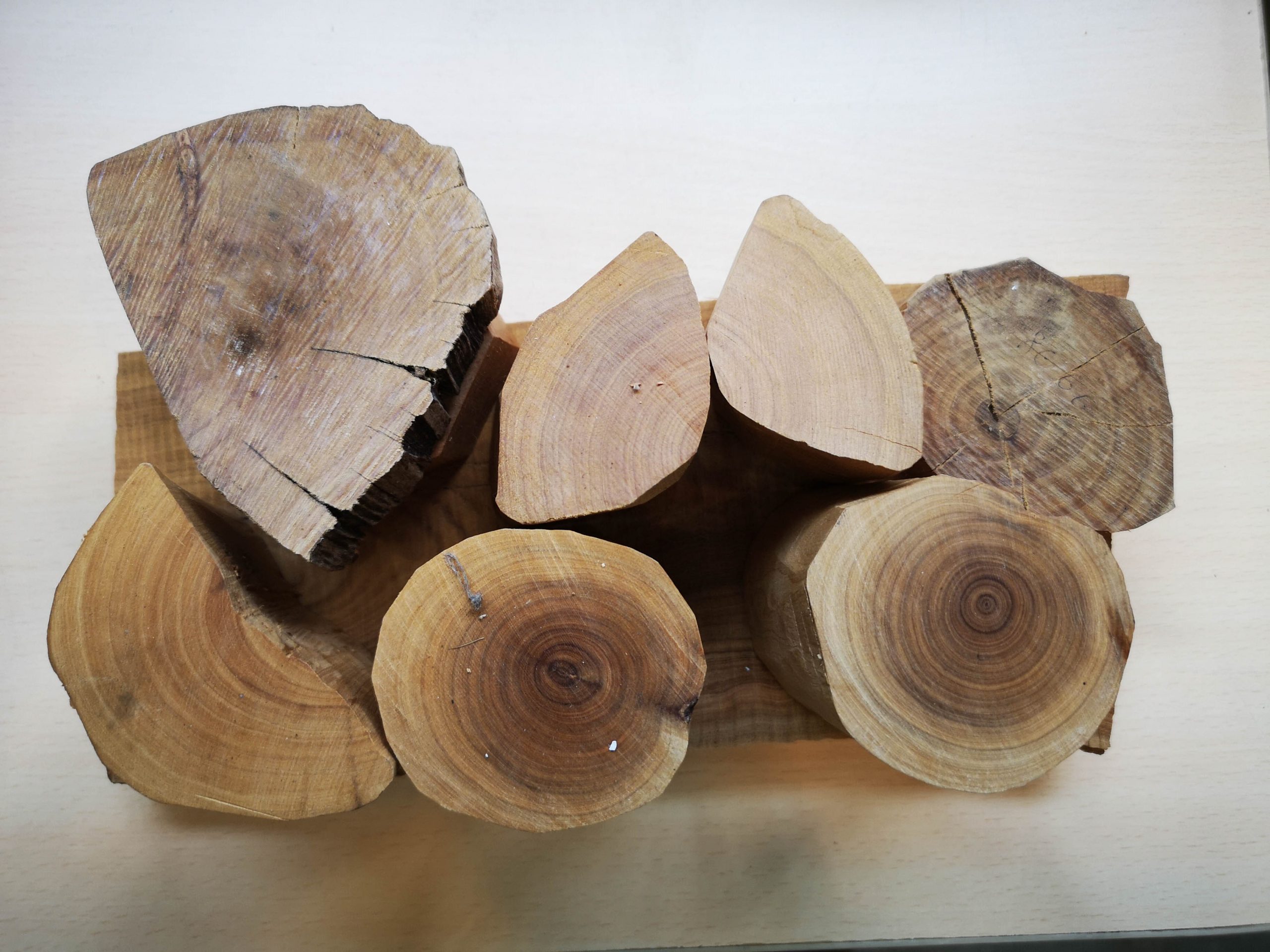
Santalum spicatum
CAS No. 8024-35-9 / 92875-02-0
EC No. 296-618-5
Our Santalum spicatum is sourced in Western Australia directly from farmers’ farms. The farmers are licensed by the Australian government to ensure sustainable management of the trees and for every tree that is felled, four saplings must be planted. All the trees coming from Western Australia are wild harvested.
These trees are then transported to a central warehouse where they are put into containers and transported to Fremantle port. The trees are exported to the processing plant in Vietnam by ship. Once the trees arrive in Vietnam and are sorted for distillation, the only part of the tree not used in the distillation process is the bark.
The biomass is processed and distilled over a period of 10 days continuously to obtain the final product. This is a manned 24-hour process.
By exporting the trees to Vietnam for production, the product becomes more cost competitive.
Sustainability: The quantity of trees felled is managed by Australia’s government and Department for Agriculture. For every tree that is felled, the farmer must plant four saplings.
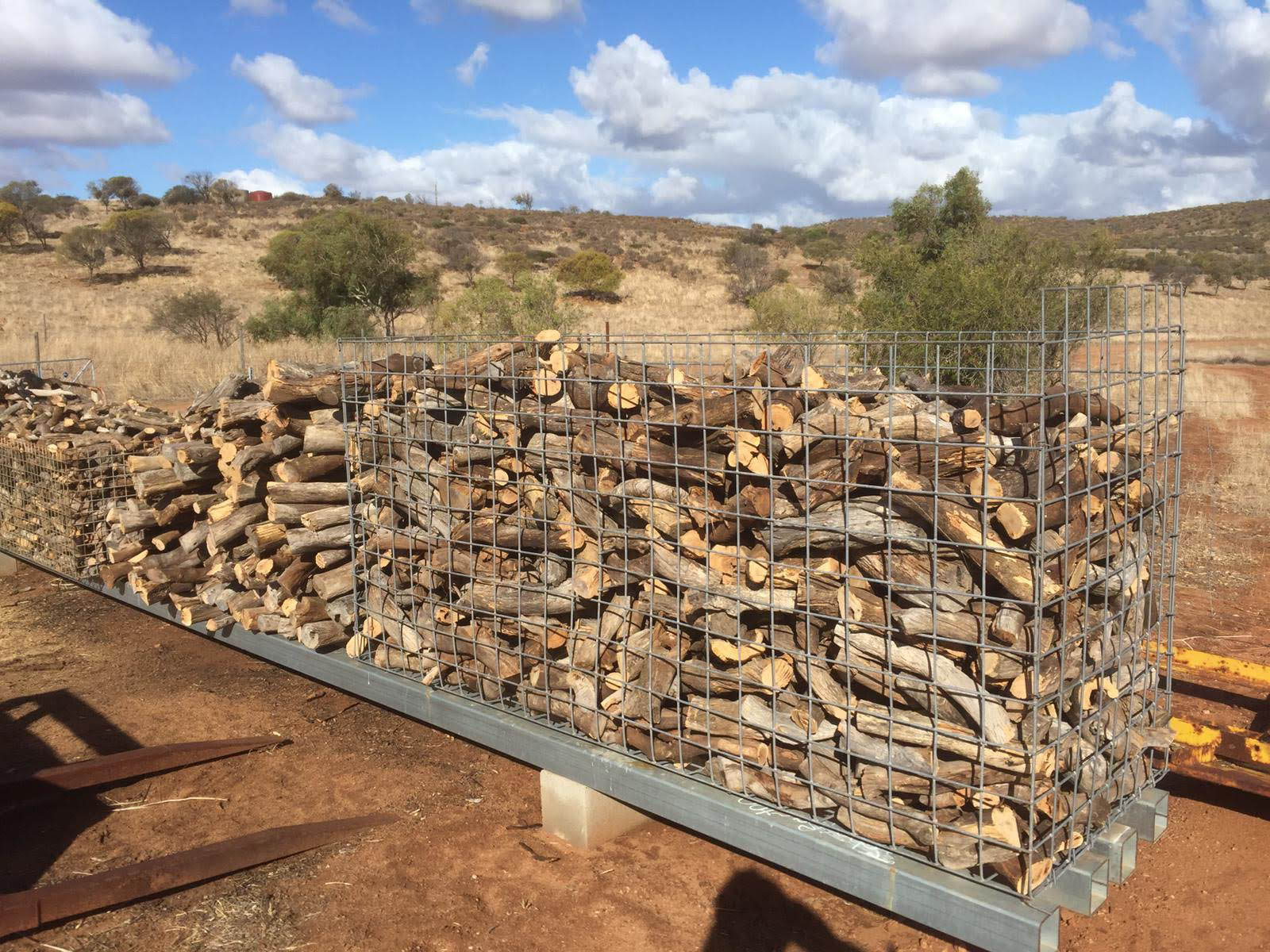
Santalum austrocaledonicum
These trees are bought directly from Natives in the South Pacific by our supplier. Similarly, to the Spicatum trees, the government issues limited licensed to farmers, allowing them to harvest regulated numbers of trees. This ensures that sustainable levels are felled and replanted.
The government issues limited licenses to farmers, and trees are bought through these licenses. This ensures sustainable levels are felled and replanted.
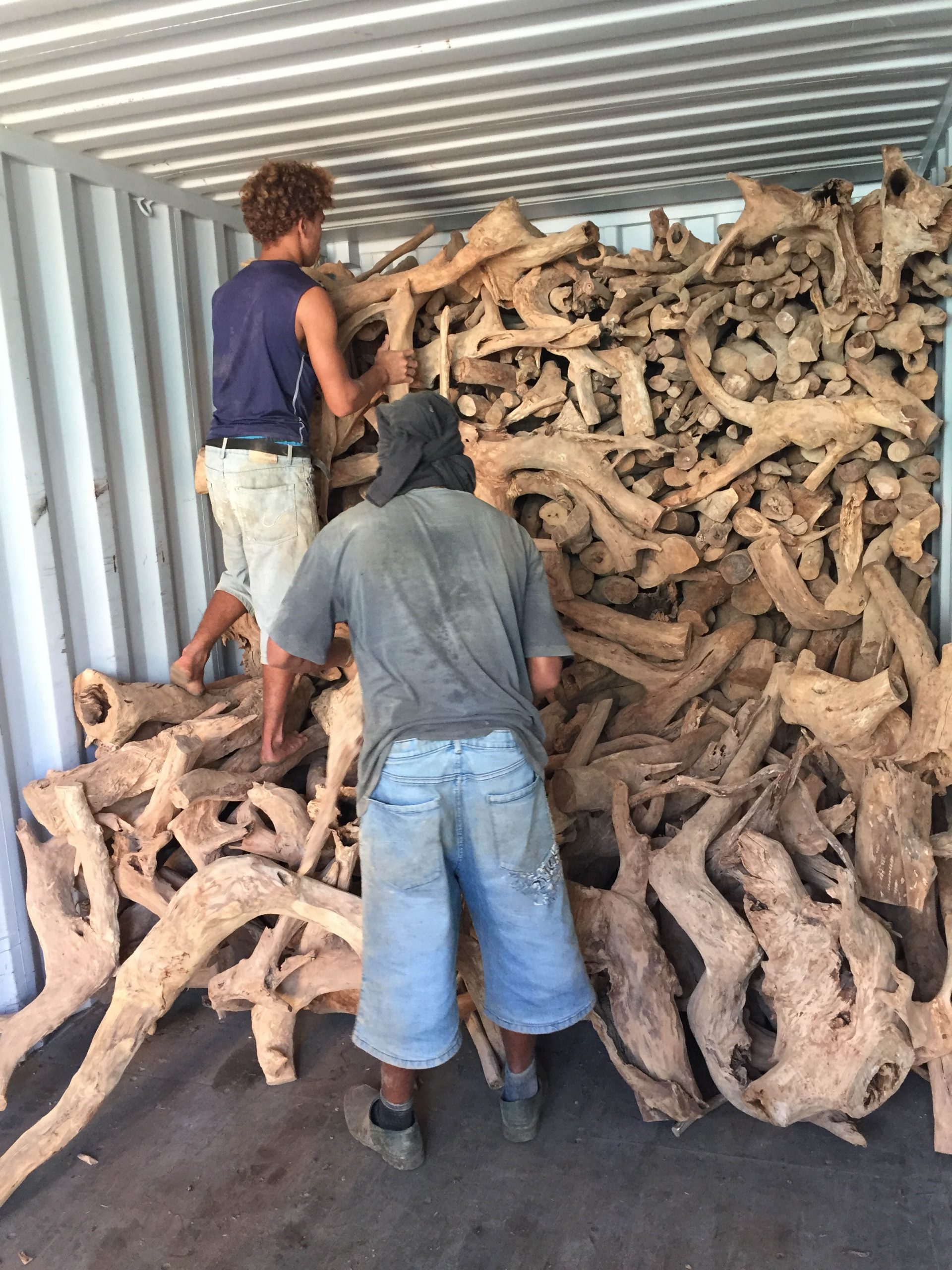
Santalum album
CAS No. 84787-70-2 / 8006-87-9
EC No. 284-111-1
Santalum album is classed as a vulnerable species due to its past success and overharvesting. It originates from India, however the Indian population is now so highly protected that trees are not felled for export. This oil is still highly valued and demanded and as so many tried to jump onto the demand for the oil and other products, Santalum album has been cultivated in many non-indigenous locations. One such location is East Africa whereby the species was introduced to the area by immigrants. The governments are now trying to re-introduce native species and so are felling non-native trees such as Santalum album.The trees are fully traceable and felled as part of this government initiative. They are wild harvested, and farmers are licensed to fell these trees b the government.
We also offer Indonesian Santalum album, which has an intriguing smoky note, much loved by our customers.
Finally, there is also opportunity to buy organic Santalum album from our producer in Sri Lanka.
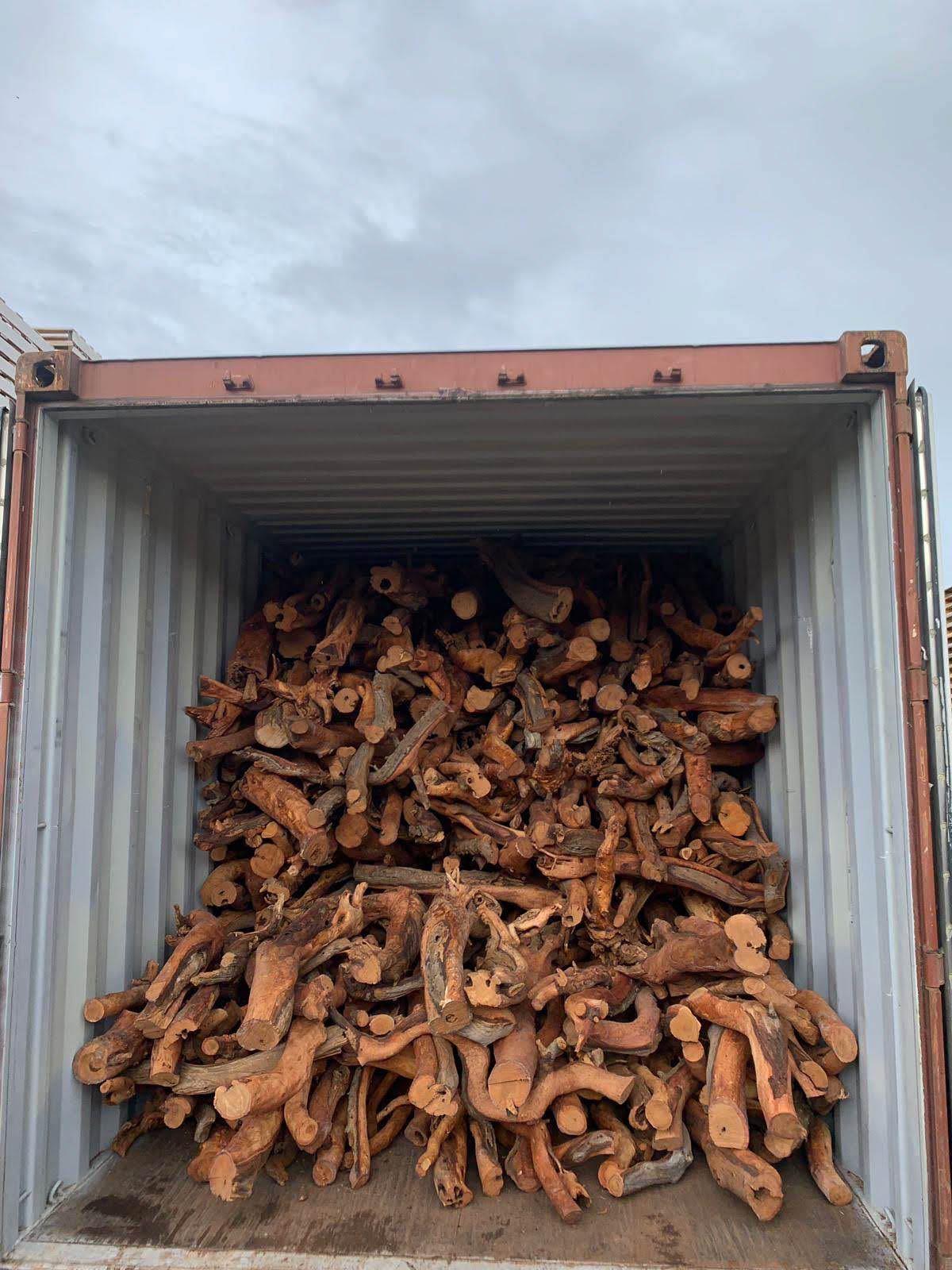
Sample Requests
All our Sandalwood oils are available as samples, enabling you to see for yourself how they vary and what suits your use best. For sample requests, please email us at: samplerequest@khushing.com.
We regret that we can only sample bona-fide companies. If you are a smaller entity, then you are welcome to visit our Oxfordshire laboratory to see the oils first hand.
For any further questions please do call us on: (+44) 1993 882883
